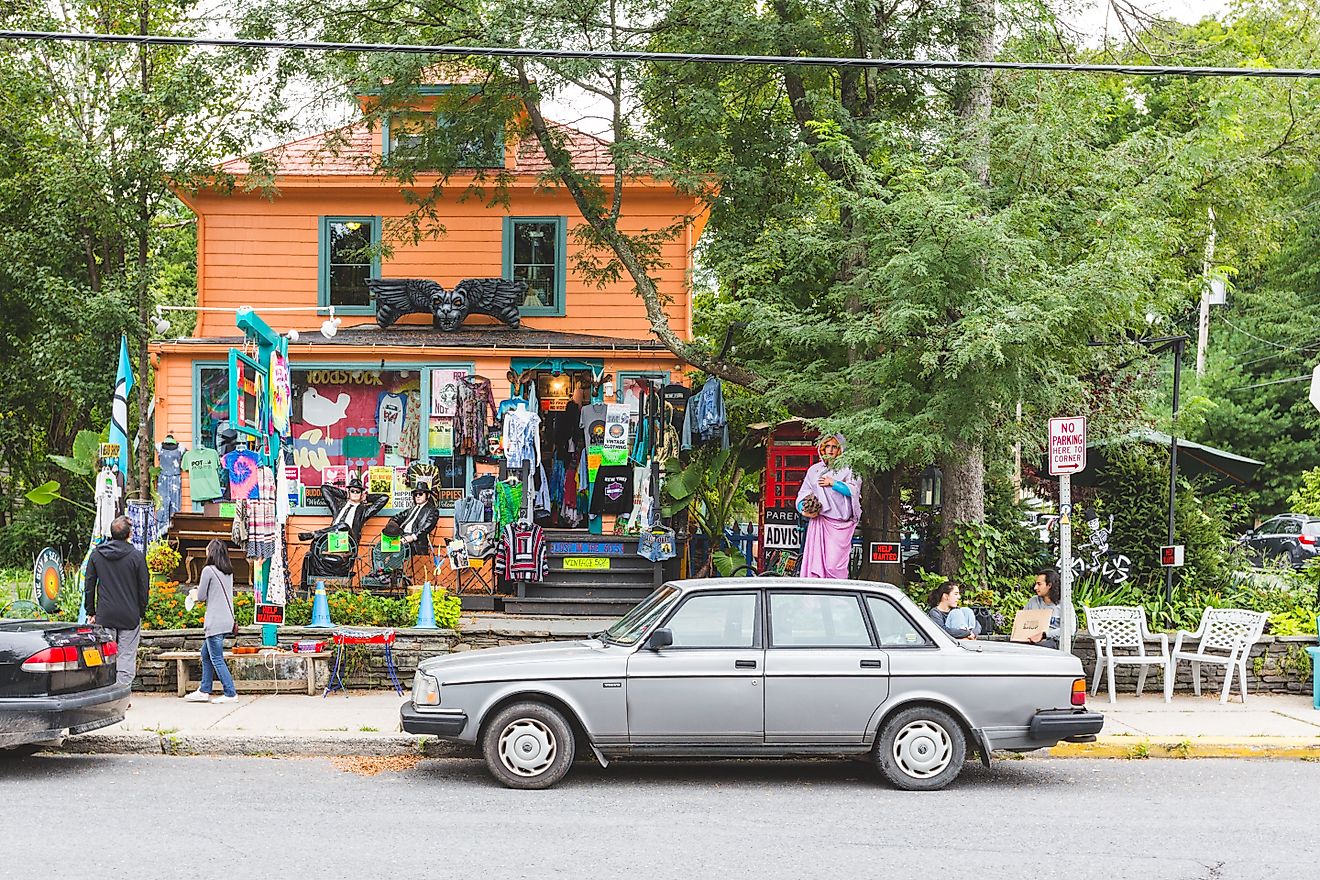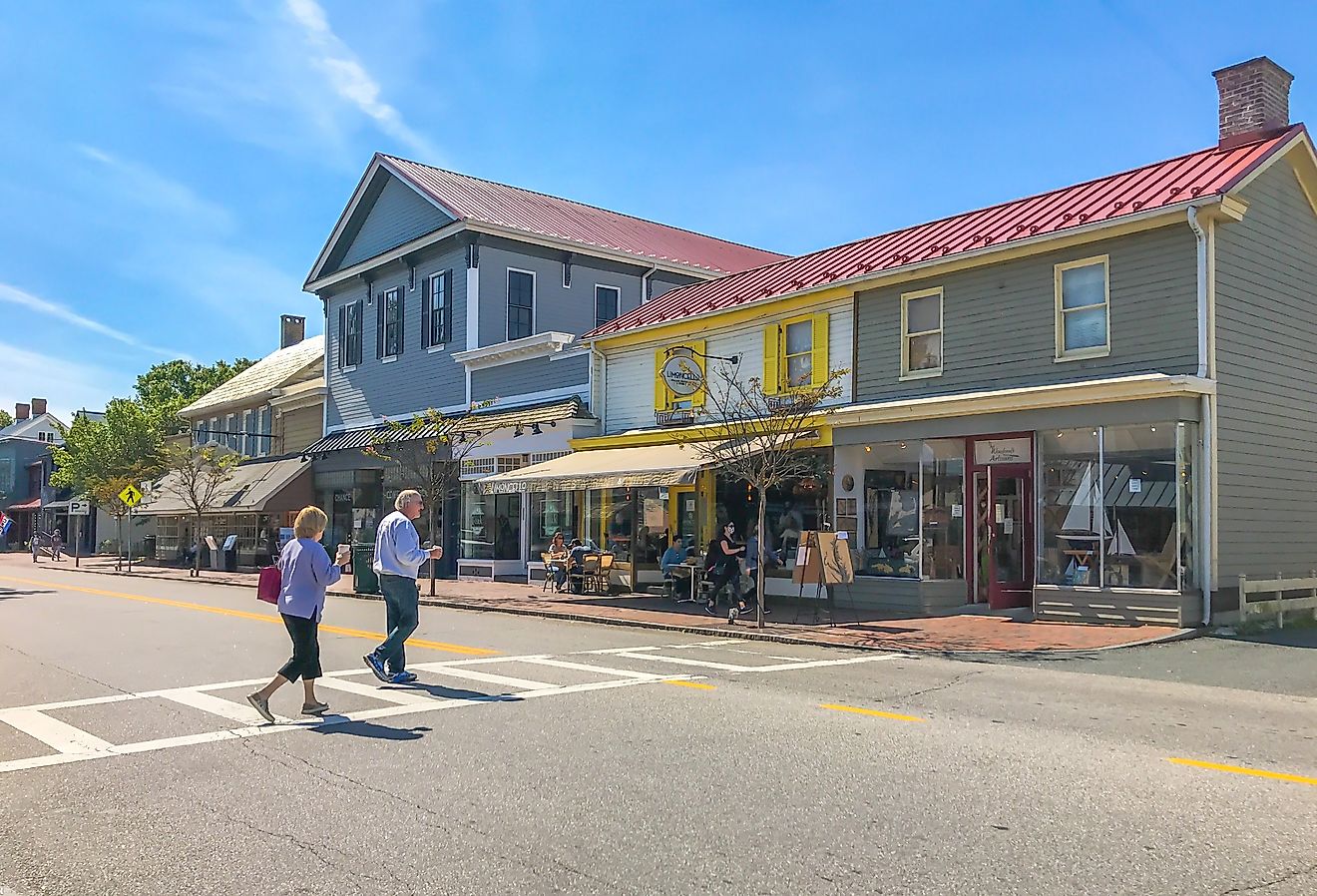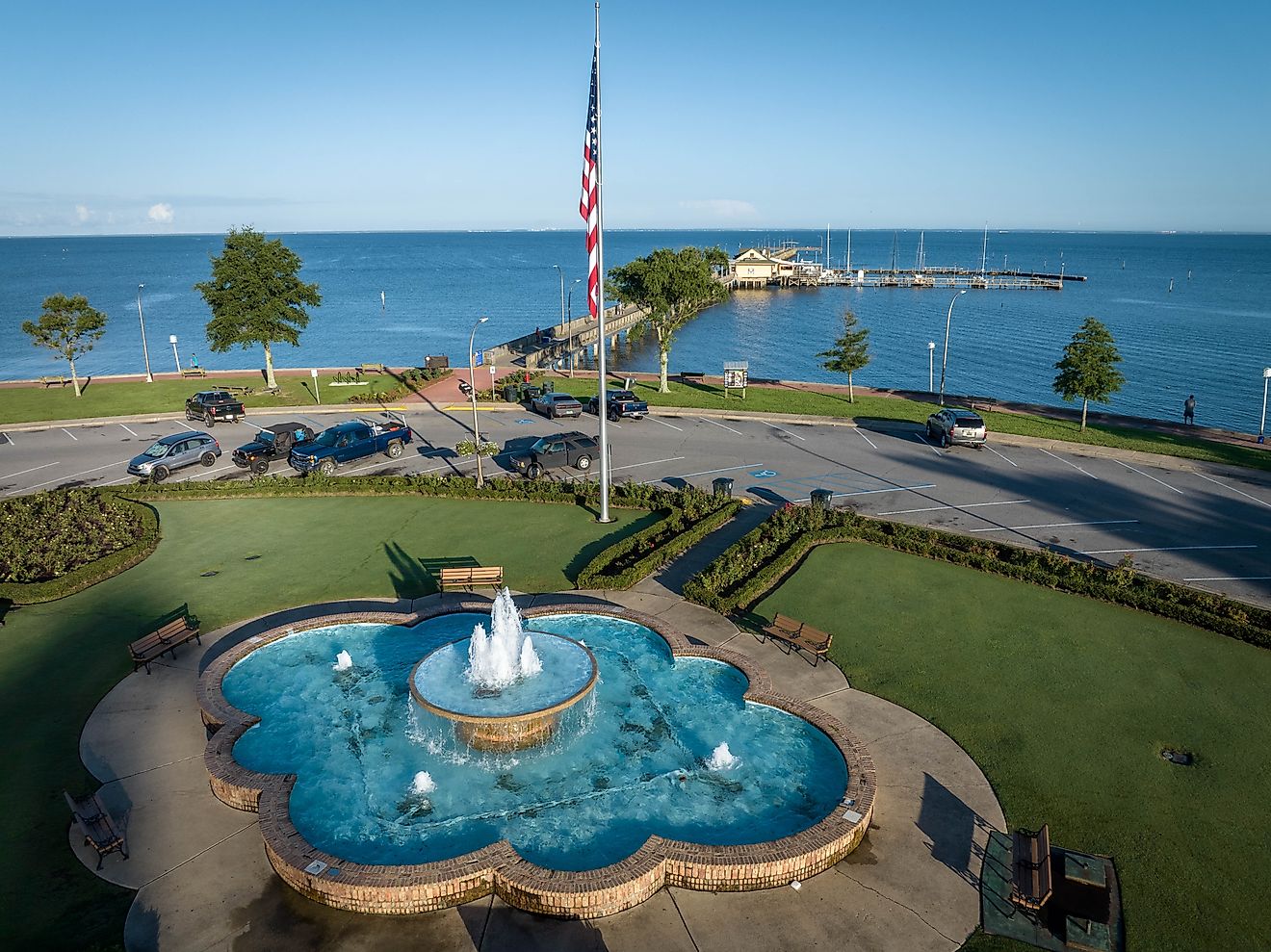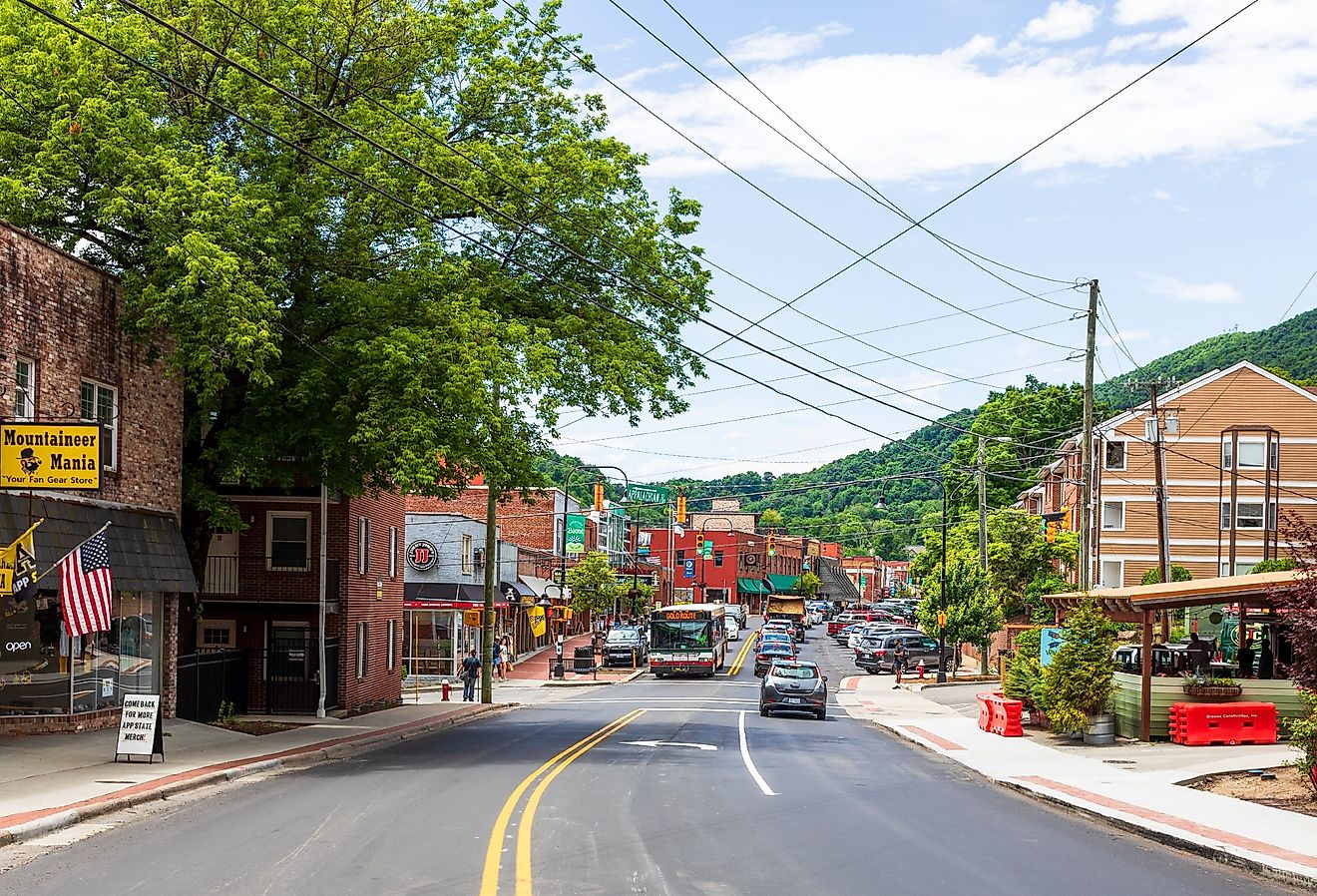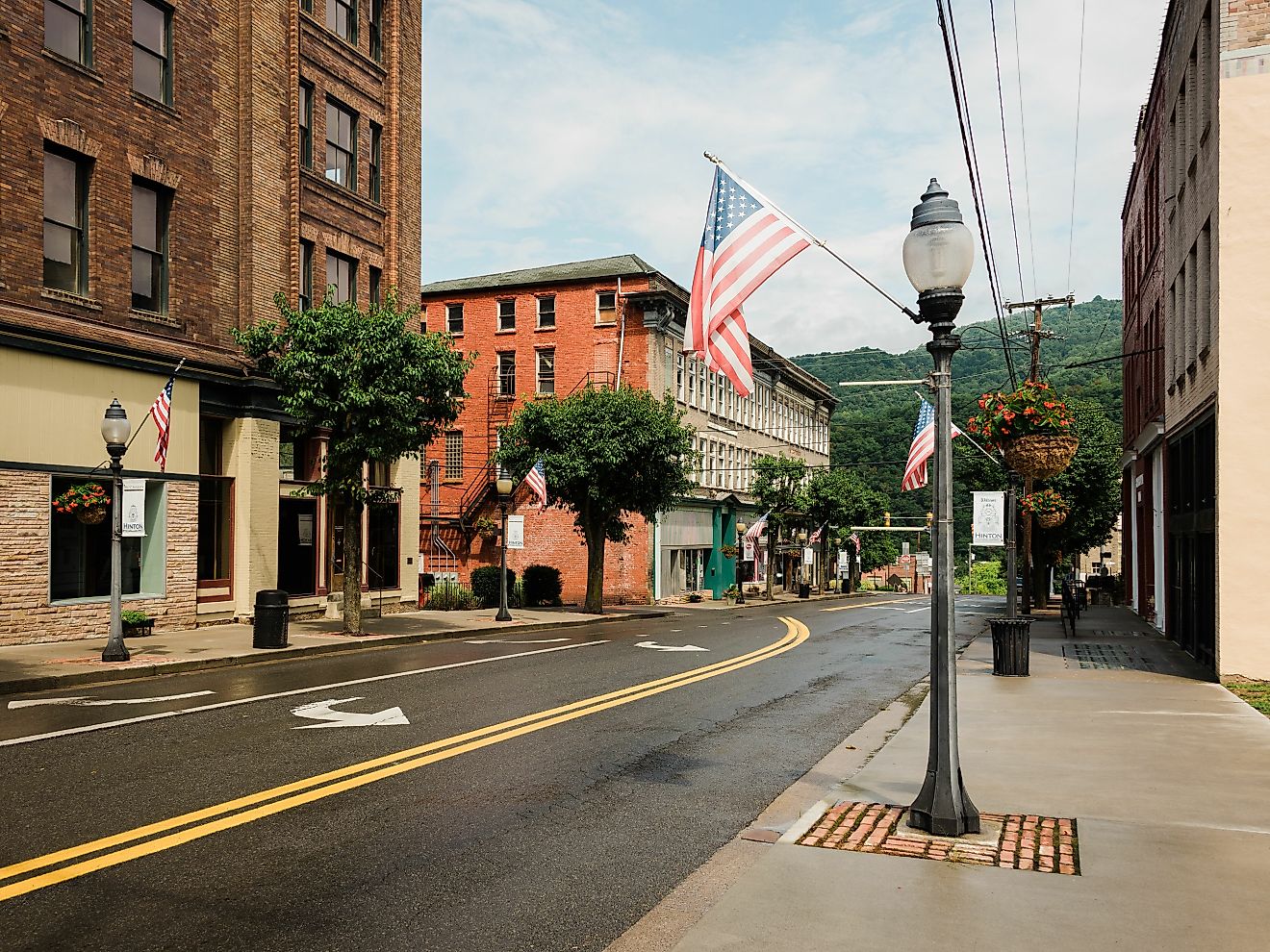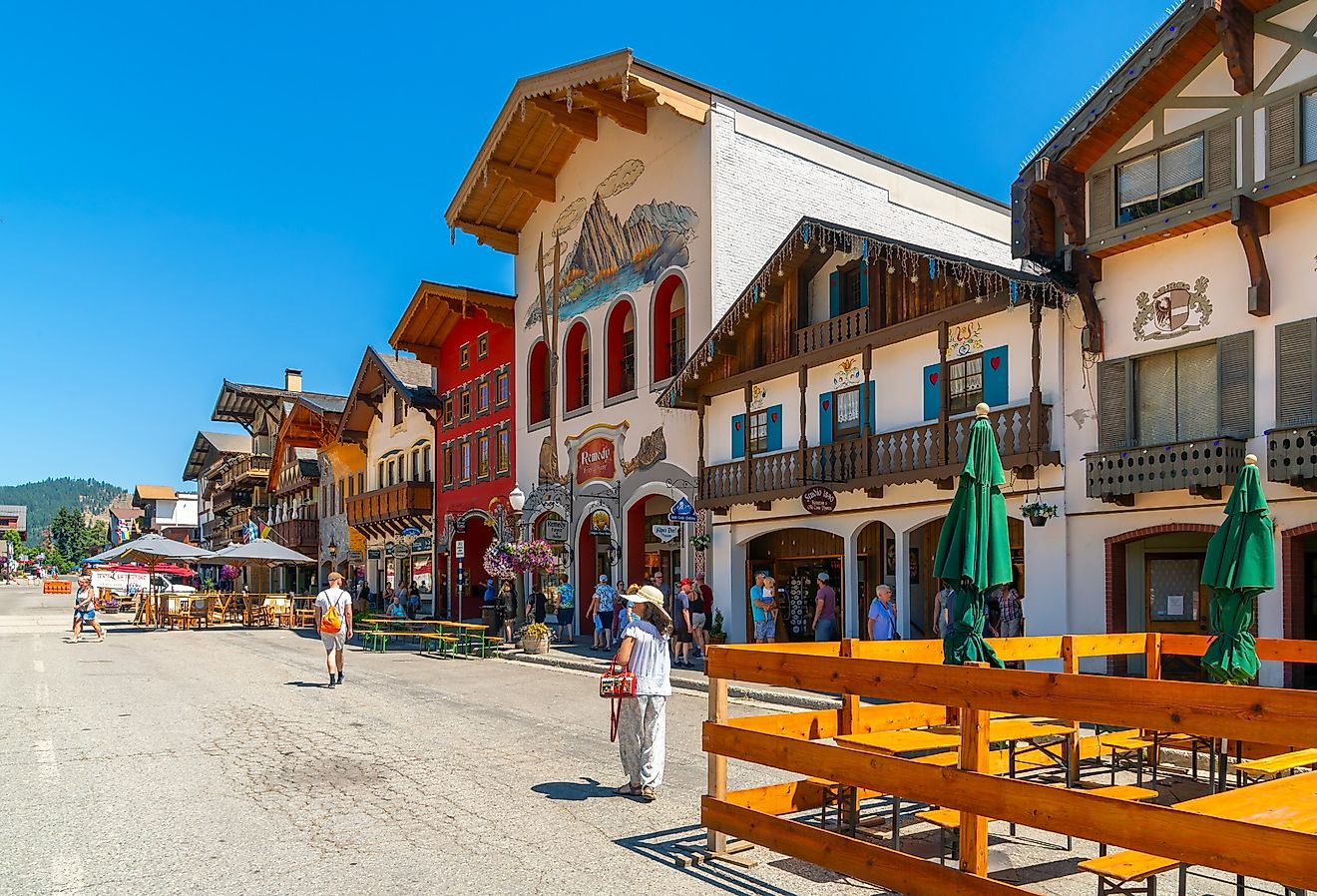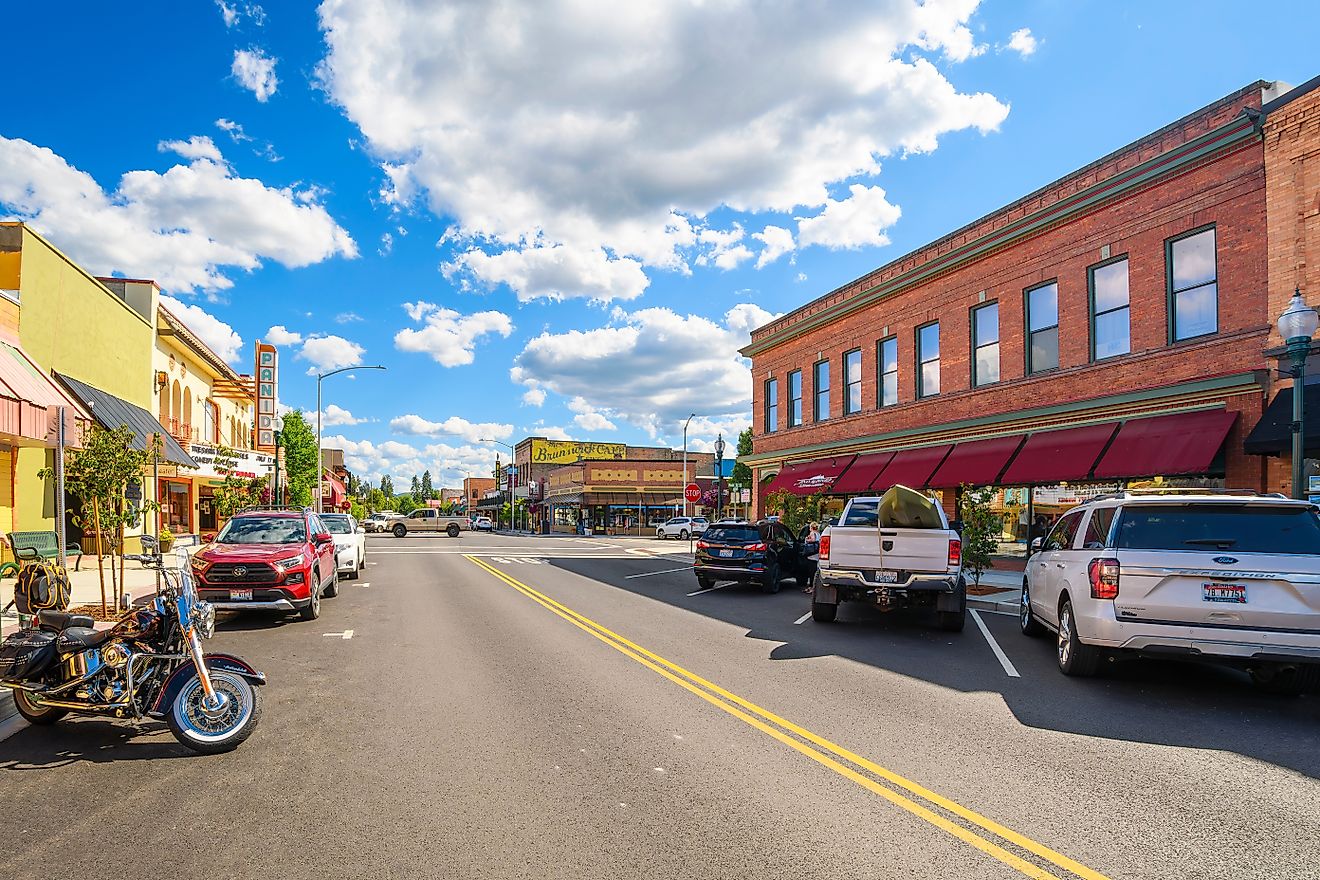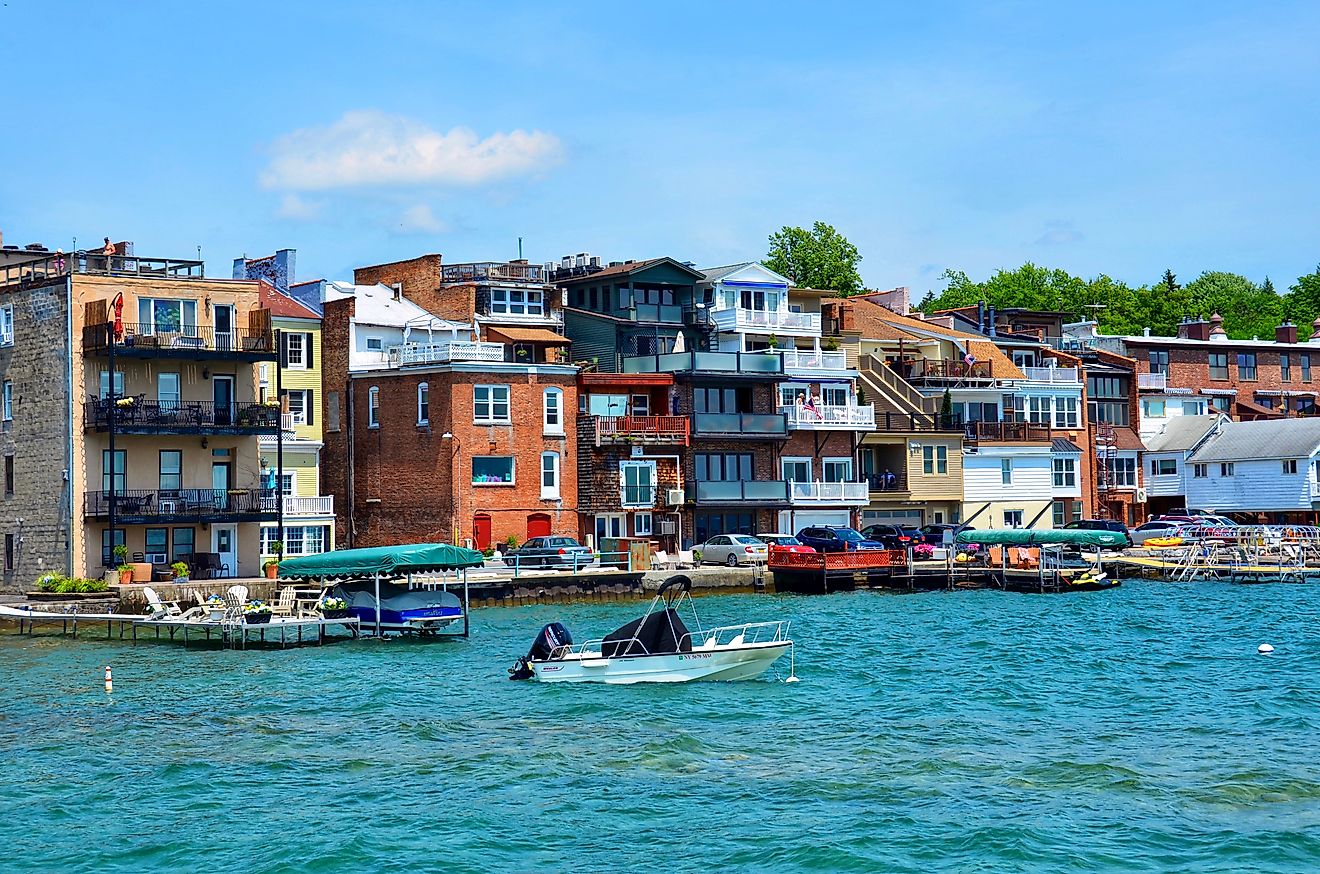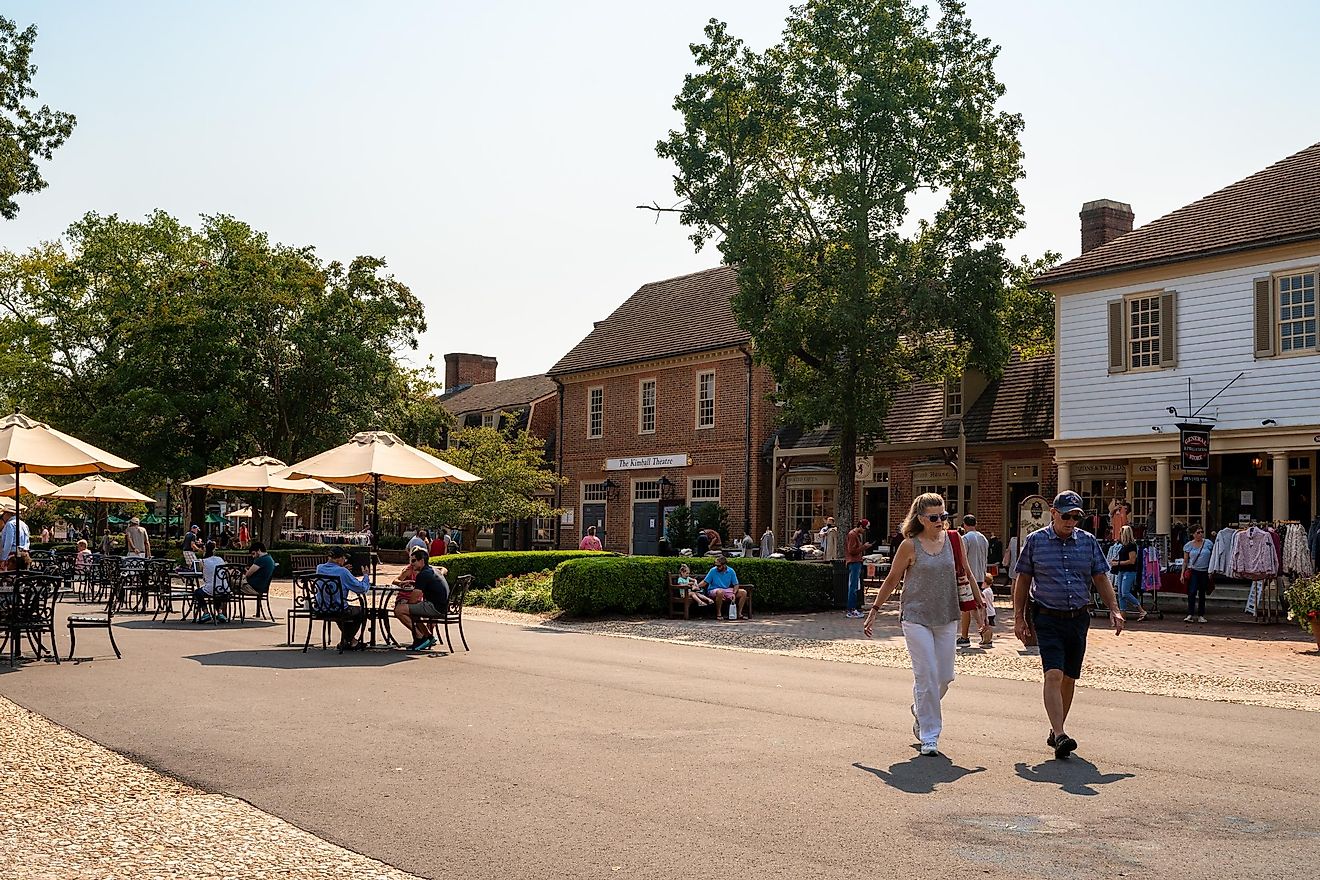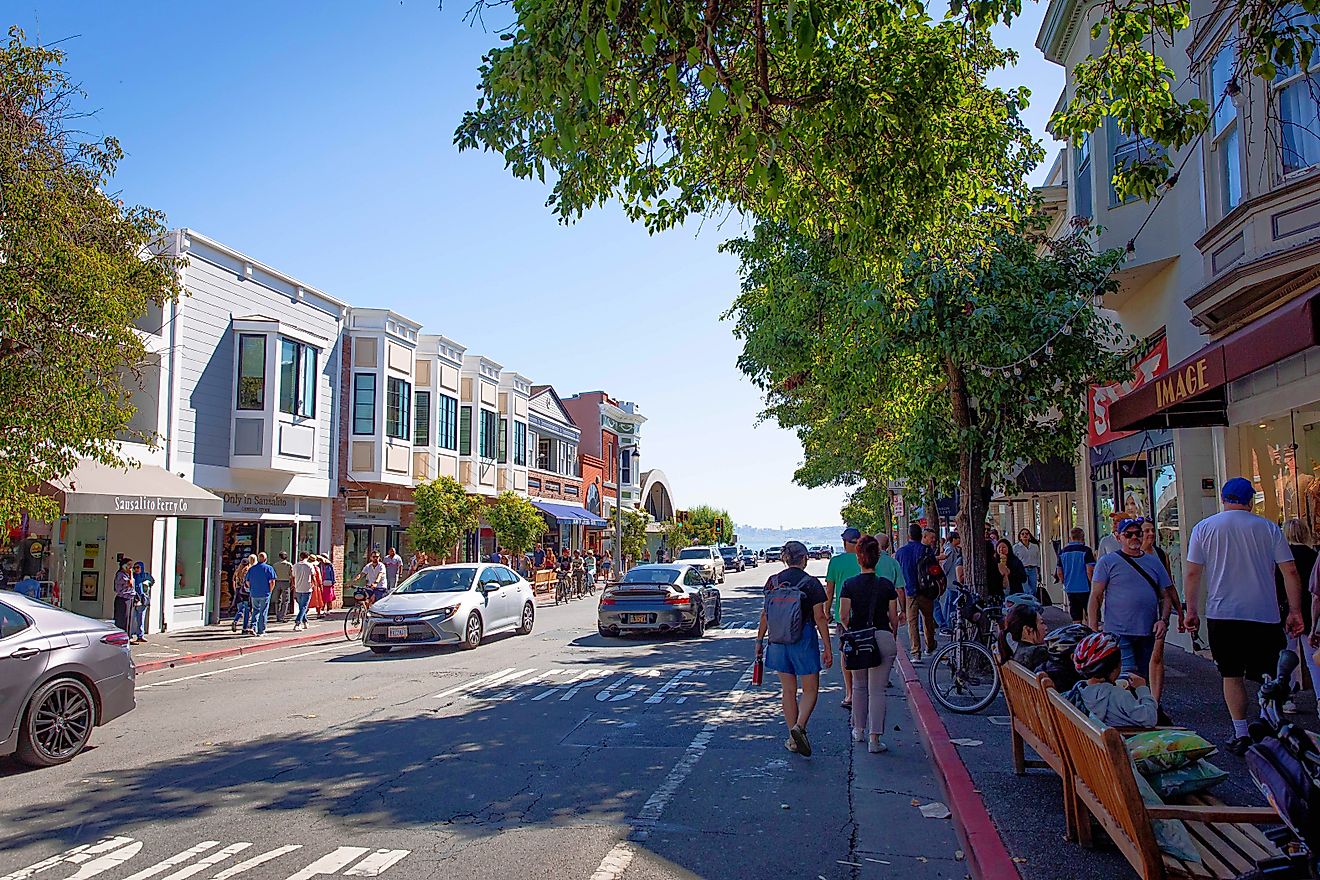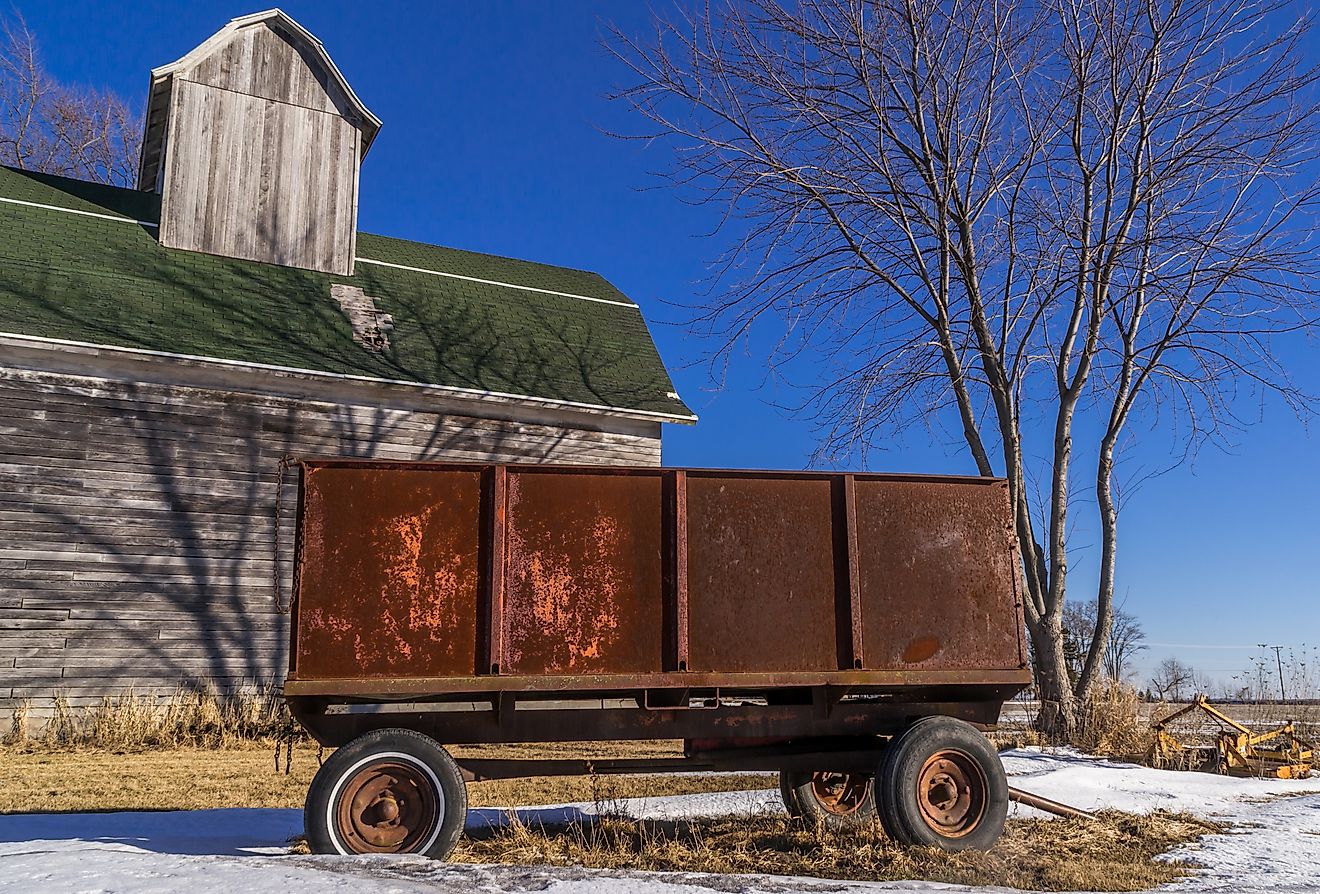
Philadelphia, Capital Of Pennsylvania
Philadelphia, Pennsylvania, is one of the most famous cities in the United States. In between two rivers, the sprawling city might seem like one of many other American cities, but at the heart of Philadelphia lies a rich city teeming with American history and culture. Serving as the nation's first capital, the city has been politically important throughout the American Revolution and during the anti-slavery movement. It remains a vital center for commerce, education, and culture to this day and is Pennsylvania's largest city.
Geography Of Philadelphia

Philadelphia is located in the southeast of Pennsylvania, in its own county named Philadelphia County. Positioned between the Delaware River and the Schuylkill River, it is both city and port with a range that stretches across 135 square miles (350 square km). Philadelphia pioneered the style of arranging buildings and roads in a grid-shaped fashion, much of its layout being designed by William Penn in the 1700's. Sitting right on the Delaware River, it shares the borders with the city of Camden, New Jersey, the two connected by the Benjamin Franklin Bridge. Philadelphia also contains various parks and tree-shaded downtown squares - famous ones include Rittenhouse Square, Washington Square, Logan Square, et cetera.
Climate Of Philadelphia
Philadelphia is relatively warmer than other American cities, with consistent year-long precipitation. The average temperature in a year is around 55.9 °F (13.3°C), with temperatures that can range from 33.0°F (0.6°C) during cold months to 78.1°F (25.6°C) during hot months. Snowfall is inconsistent during winter months. Some winters have light snow while others can have large snowstorms. The heaviest snowfall to occur in Philadelphia was during the North American Blizzard of 1996, in which 30.7 in (78 cm) fell onto the city. During the summer months, the moist, maritime airflow of the North Atlantic Ocean influences the region, causing humid and wet weather conditions compared to other months.
Brief History Of Philadelphia

Philadelphia is notable for its rich history, first being founded by William Penn when he acquired the state of Pennsylvania in 1681 from King Charles II of England. As a Quaker, Penn had suffered religious persecution and wanted his colony to be a place where everyone could enjoy religious freedom. The City of Brotherly Love was a popular nickname for Philadelphia; now, it is more commonly referred to as Philly. Because of its convenient position along the Delaware River and its relatively close distance to New York, Philadelphia quickly became one of the largest cities in North America. It rose to prominence in the arts, science, and culture due to these social and economic advantages. The delegates who formed the First Continental Congress and the Second Continental Congress in the 1700s, which proclaimed the Declaration of Independence and governed throughout the American Revolution, were drawn to Philadelphia because of the city's strategic location near the midpoint of colonial settlement - and its status as an important political, economic, and cultural center.
One of the most important historical figures in Philadelphia was Benjamin Franklin, a Founding Father of the US. Among his many scientific and political achievements, Franklin also created Philadelphia's first free library, hospital, and learned society, the American Philosophical Society. Many other important figures came from or lived in Philadelphia, including the Founding Father and physicist Benjamin Rush and the astronomer who discovered Venus, David Rittenhouse.
Demographics Of Philadelphia

According to the 2021 census, Philadelphia had an estimated population of 1,576,251 people, making it the largest city in Pennsylvania and the sixth largest country in the United States. 52.7% of Philadelphians are female, while the remainder are male.
Philadelphia is both historically and in modern times a multicultural city filled with people from all types of backgrounds. In 2021, the key ethnic demographics were 34.3% White, 43.6% Black, 15.2% Hispanic, et cetera. Philadelphia holds the country's second-largest Irish, Italian, and Jamaican populations, as well as the country's fourth-largest Black population. The city has long been the epicenter of the country's most historically significant Black communities. Many Black leaders came from and/or based their activity in Philadelphia throughout early national periods. The free Black community of Philadelphia tirelessly worked to abolish slavery, aid escaped slaves, and enhance black people's overall social and economic well-being in the 19th and 20th centuries.
Economy

According to Philadelphia's 2021 census, the median household income is $49,127, while 19.4% of people fall under the federal poverty level. 52.8% of Philadelphians rent their homes at a median rent cost of $1,084 USD, with the rest owning of their homes.
Being a modern city, Philadelphia has a diverse range of industries. Printing and publishing, as well as food processing, are major aspects of the city's economy. In addition, manufacturing of chemicals, industrial machinery, fabricated metal goods, electronics, transportation equipment such as ships, textiles, paper products, and primary metals are widespread. In addition, Philadelphia has long been regarded as an important medicinal center with places such as Pennsylvania Hospital, the first hospital in British North American colonies, and the University of Pennsylvania, the first medical school in what is now the United States.
Attractions In Philadelphia
Philadelphia is the home to American history - the city has many historical attractions detailing much of the country's rich heritage. Sites such as Independence Hall, where the Declaration of Independence and the Constitution were signed, are on display for tourists to visit. The Liberty Bell Center, located across Chestnut Street from its original home at Independence Hall, houses the famous cracked bell, a symbol of American freedom, and is open to visitors all year round.

Another iconic attraction is the Philadelphia Museum of Art, famous not only because of its gallery of art pieces but also because of the movie "Rocky." During the movie, Sylvester Stallone performed his iconic and triumphant run up the museum's steps. Finally, there are more than just tourist spots to go to. Good food is everywhere in the city, and you can find the delicious and truly accurate Philadelphia cheesesteak at many local restaurants.
Philadelphia stands out among large American cities for its strong historical identity. Being the largest and most important city of the US in the 17th century and a focal point of the antislavery movement in the 19th century, the city is a vital part of the US's growth. Its identity is defined by the small-town ambiance, numerous parks and squares, and its many memorials to the American past.
